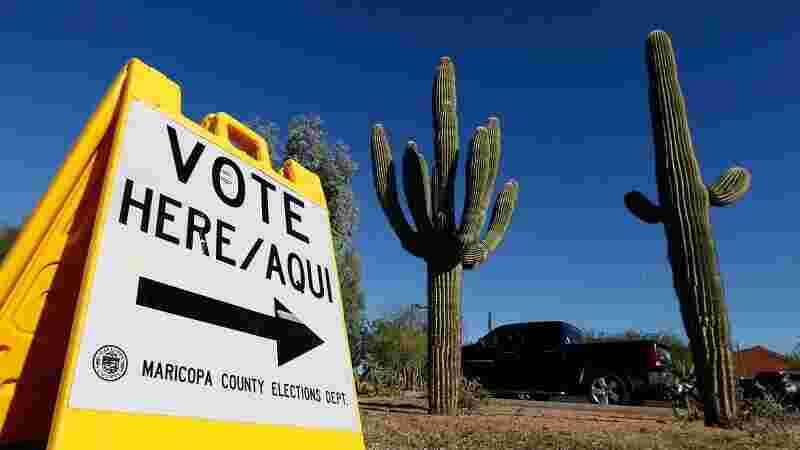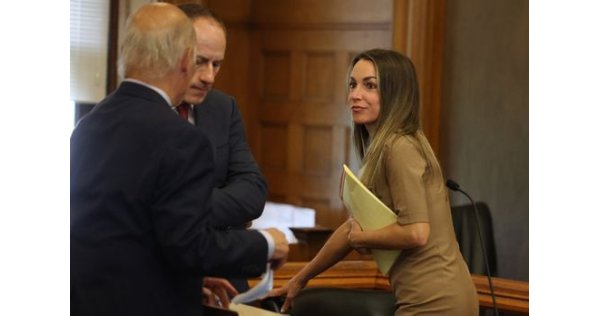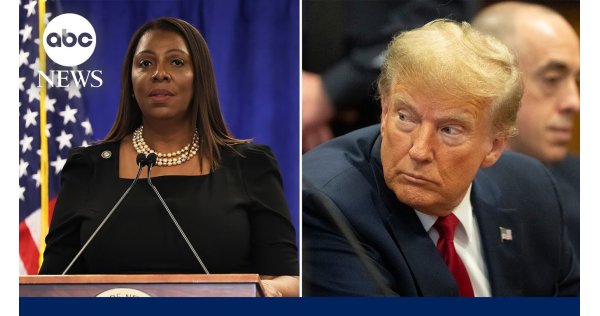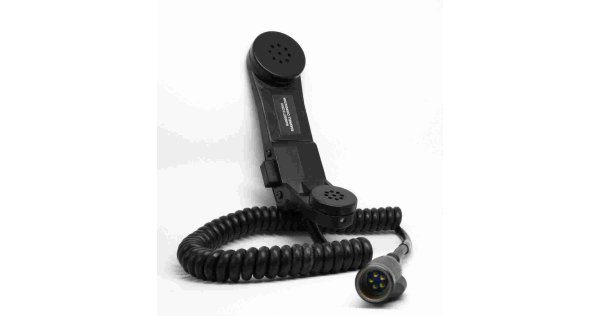Arizona Trial Date Set for Trump Allies Accused of Election Conspiracy
Phoenix, Arizona - January 5, 2026, has been scheduled as the trial date for the Arizona criminal conspiracy case involving former President Donald Trump's allies, who are accused of attempting to overturn the 2020 election results.
The ongoing hearing on Monday saw the presence of several defendants in the courtroom, including conservative attorney John Eastman and multiple Arizona Republicans who acted as fake electors during the scheme. Former White House chief of staff Mark Meadows, former Trump lawyer Rudy Giuliani, and Christina Bobb, a top RNC lawyer, participated virtually.
This hearing marks the first significant development since a grand jury charged the fake electors from Arizona with criminal offenses. Notably, Trump himself has not been charged in this case.
Defense attorneys for the Trump allies argue that prosecutors are seeking excessive punishment to pressure defendants into cooperating. Arizona's attorney general has accused the defendants of committing multiple felonies simultaneously, which under state law would result in prison sentences rather than lesser penalties typically granted to first-time offenders.
Arizona Superior Court Judge Bruce Cohen, who was appointed by former Democratic Governor Janet Napolitano in 2005, acknowledged that the trial date remains flexible.
The hearing takes place just days after Trump, who is not a defendant in the Arizona case but is referred to in court documents as "unindicted co-conspirator 1," held a rally in the state as part of his 2024 presidential campaign.
While Trump has avoided trial in two other criminal cases related to his efforts to overturn the 2020 election, the Arizona hearing underscores the legal jeopardy faced by those who assisted him.
Most members of the grand jury that indicted the 18 Trump allies expressed interest in charging the former president. This interest prompted the state's lead prosecutor to request that the grand jury refrain from doing so, providing a PowerPoint presentation to explain his reasoning, as per court documents.
Trump faces federal charges from special counsel Jack Smith for his involvement in attempting to overturn Joe Biden's 2020 election victory and from Fulton County District Attorney Fani Willis in Georgia.
Prosecutors plan to use their request to the grand jury not to indict Trump during Monday's hearing to counter defense claims that the case is politically motivated and should be dismissed.
Sources indicate that while Trump has not been charged in the Arizona election subversion case, the investigation is ongoing, and prosecutors may consider indicting more individuals, including the former president, if sufficient evidence emerges.
In the meantime, Arizona prosecutors continue to pursue their case against the 18 charged individuals, aiming for a potential trial date in early 2025.
Earlier this month, prosecutors secured their first victory when former Trump 2020 campaign lawyer Jenna Ellis agreed to cooperate in exchange for dropped charges. Ellis is expected to testify against other defendants as part of her deal.
Additionally, Loraine Pellegrino, one of the Arizona fake electors, entered a plea deal with prosecutors this month. Pellegrino will plead guilty to a false document charge, while other charges will be dismissed.
Meadows' attorneys argue that the Arizona indictment relates to his official conduct as Trump's chief of staff and should be moved to federal court. A hearing is scheduled for September 5 in federal court.
The legal challenges mounted by Meadows are not unprecedented. Last year, he pursued a similar strategy in Georgia after being indicted on similar 2020 election subversion state charges.
Arizona judge sets 2026 trial date for Trump allies accused of trying to subvert the 2020 election
An Arizona judge has set a trial date of January 5, 2026, for allies of former President Donald Trump charged for a criminal conspiracy to overturn the 2020 election.




